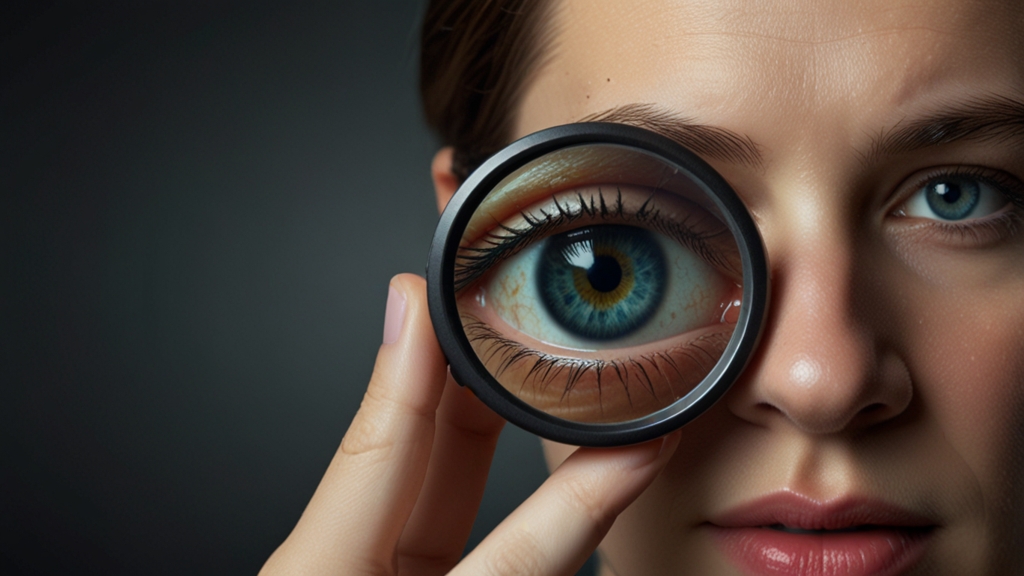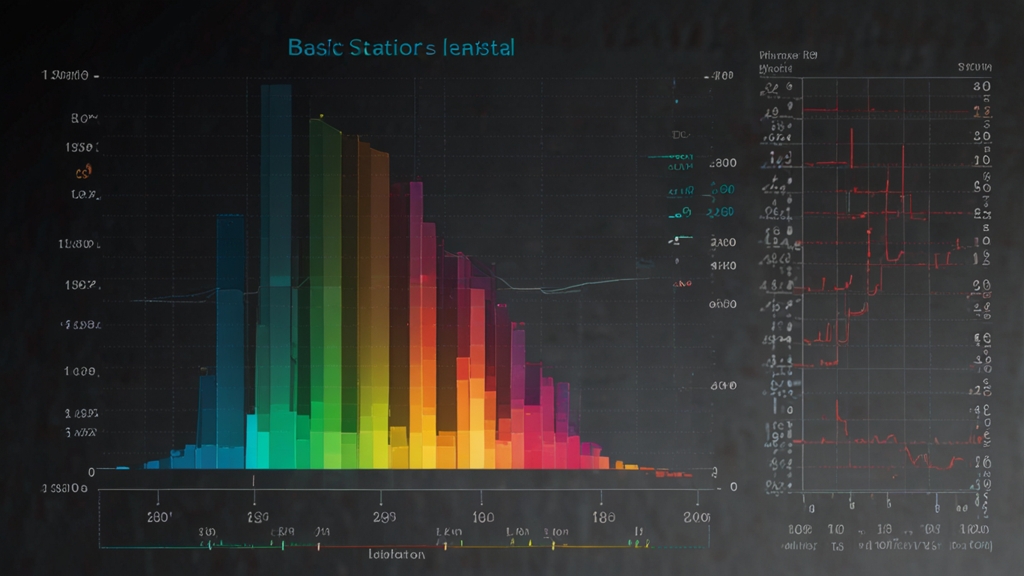Are Your Devices Spying on You? The Shocking Truth
In today’s digital age, technology has permeated every aspect of our lives. From smartphones to smart home devices, these gadgets offer unparalleled convenience. But, behind the veil of comfort lies a pressing concern: Are your devices spying on you? This question has become ever more pertinent as privacy breaches and data security continue to dominate the headlines.
The Reality of Data Collection
First and foremost, it is important to understand that most modern devices are designed to collect data. This data ranges from benign usage statistics to more intrusive personal information. Companies often justify this data collection by arguing that it improves user experience, personalizes services, and enhances security. However, the scope and intent of data collection have raised significant ethical and legal questions.
"Data is the new oil." - Clive Humby
This quote aptly captures the current landscape where personal data is highly valued. Tech giants like Google, Apple, Amazon, and Facebook have built their empires on the vast amounts of data they collect from users. While some argue this data collection is necessary for innovation and growth, others see it as a blatant invasion of privacy.
Smartphones: The Ubiquitous Spies
Smartphones are perhaps the most widespread devices likely to spy on users. These pocket-sized computers are equipped with cameras, microphones, GPS, and various sensors that can track a user's every move. Apps often request permissions for accessing these features, and many users blindly grant them without realizing the implications.
Consider location-tracking services. While they provide useful functions like mapping and navigation, they also generate data that can be sold to third parties. Even more concerning is the possibility of this data being accessed by malicious actors.
Smart Home Devices: Convenience at a Cost
Smart home devices purport to make our lives easier. Whether it's adjusting the thermostat with a smart speaker or monitoring your front door with a smart camera, these gadgets offer a lot of conveniences. However, they also raise several privacy concerns.
"We never sell your data." - Amazon's promise
This pledge from Amazon, the maker of Alexa, attracts attention. But questions remain about how securely your data is stored and who has access to it. Investigations have found instances where these devices have recorded conversations inadvertently or have been hacked, exposing users to potential threats.
Social Media: The Data Goldmine
Social media platforms are notorious for their data collection practices. With every like, share, and comment, these platforms compile comprehensive profiles on their users. This data is not only used for targeted advertising but also can be sold to third-party companies.
Facebook, for example, was embroiled in the Cambridge Analytica scandal, where user data was harvested without consent and used for political purposes. This event exposed the darker side of data collection and the potential for misuse.
How to Protect Yourself
While it may seem overwhelming, there are steps you can take to protect your privacy:
- Review App Permissions: Regularly check and update the permissions granted to your apps.
- Use Strong Passwords: Secure your devices and accounts with robust passwords and enable two-factor authentication.
- Update Software: Keep your devices up to date with the latest software patches to protect against vulnerabilities.
- Be Skeptical: Be cautious of what information you share online and who you share it with.
Conclusion
The convenience provided by modern devices comes with a significant trade-off in terms of privacy. While data collection can enhance our digital experiences, it also poses substantial risks. Awareness and proactive measures are crucial in safeguarding your personal information. As technology continues to evolve, staying informed and vigilant about your digital footprint is more important than ever.







